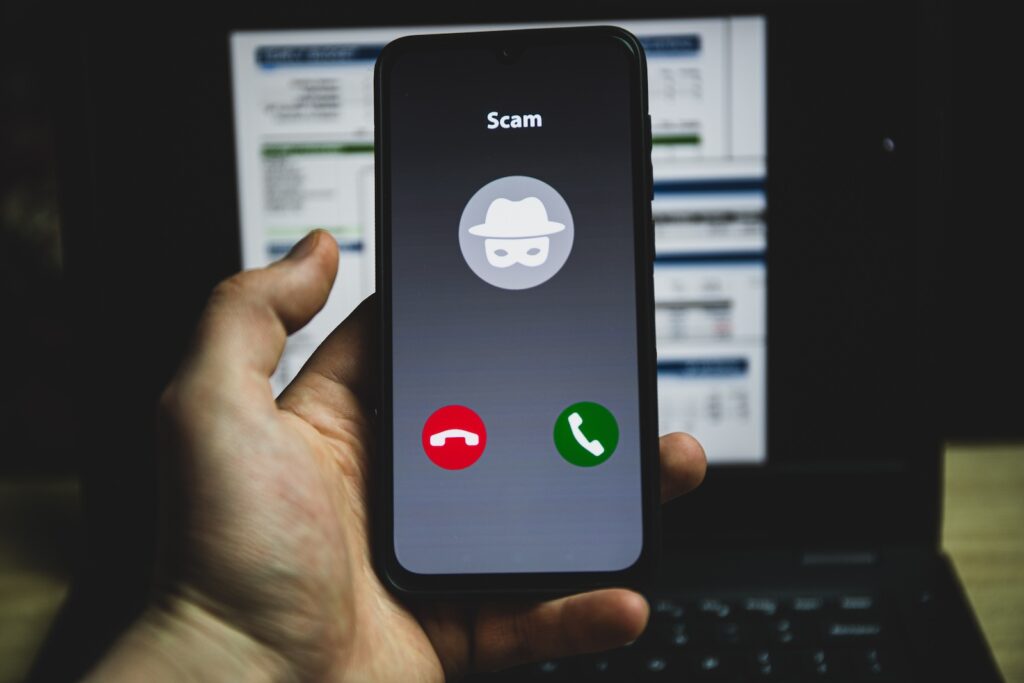Beware of Fake Invoice Scams from Seemingly Trusted Businesses
Imagine you’re sitting at home, going through your emails, and you come across an invoice from a business you know and trust. Upon a quick glance, everything seems legit — the company’s logo, the services you were expecting to be charged for, and a request for payment. But there’s a catch. This invoice isn’t real. It’s a clever scam designed to trick you into sending money to fraudsters.
In these scams, crafty impostors pose as genuine businesses, sending out phony invoices with fraudulent banking details. Customers, believing these requests to be authentic, end up paying the scammers instead of the real companies. This type of deception is not random. Scammers specifically target situations where they know customers are expecting invoices, making the scam that much more believable.
To protect yourself from falling victim to these deceptive schemes, it’s important to approach any invoice with a cautious eye. Always verify the details before making any payments. This can be as simple as contacting the company directly using a phone number or email you’ve used before, not the contact information provided on the suspicious invoice. Another good practice is to review your past communications with the company. Authentic invoices will usually follow a pattern in terms of format, language, and the types of services charged. Anything that deviates from this pattern deserves a second look.
Moreover, watch out for direct requests for bank transfers. While some legitimate businesses may use this payment method, scammers favor it because it’s harder to trace and recover stolen funds. Companies aware of such scams often provide advice on how to safely make payments and may even suggest alternative methods to ensure your money goes to the right place.
Remember, in the digital age, your caution is your best defense against scams. By taking a moment to verify the authenticity of invoices, especially those arriving via email, you’re not only protecting your hard-earned money but also helping in the fight against fraud. Don’t let the scammers win. With a little skepticism and a proactive approach to verifying information, you can keep your finances safe and secure.

